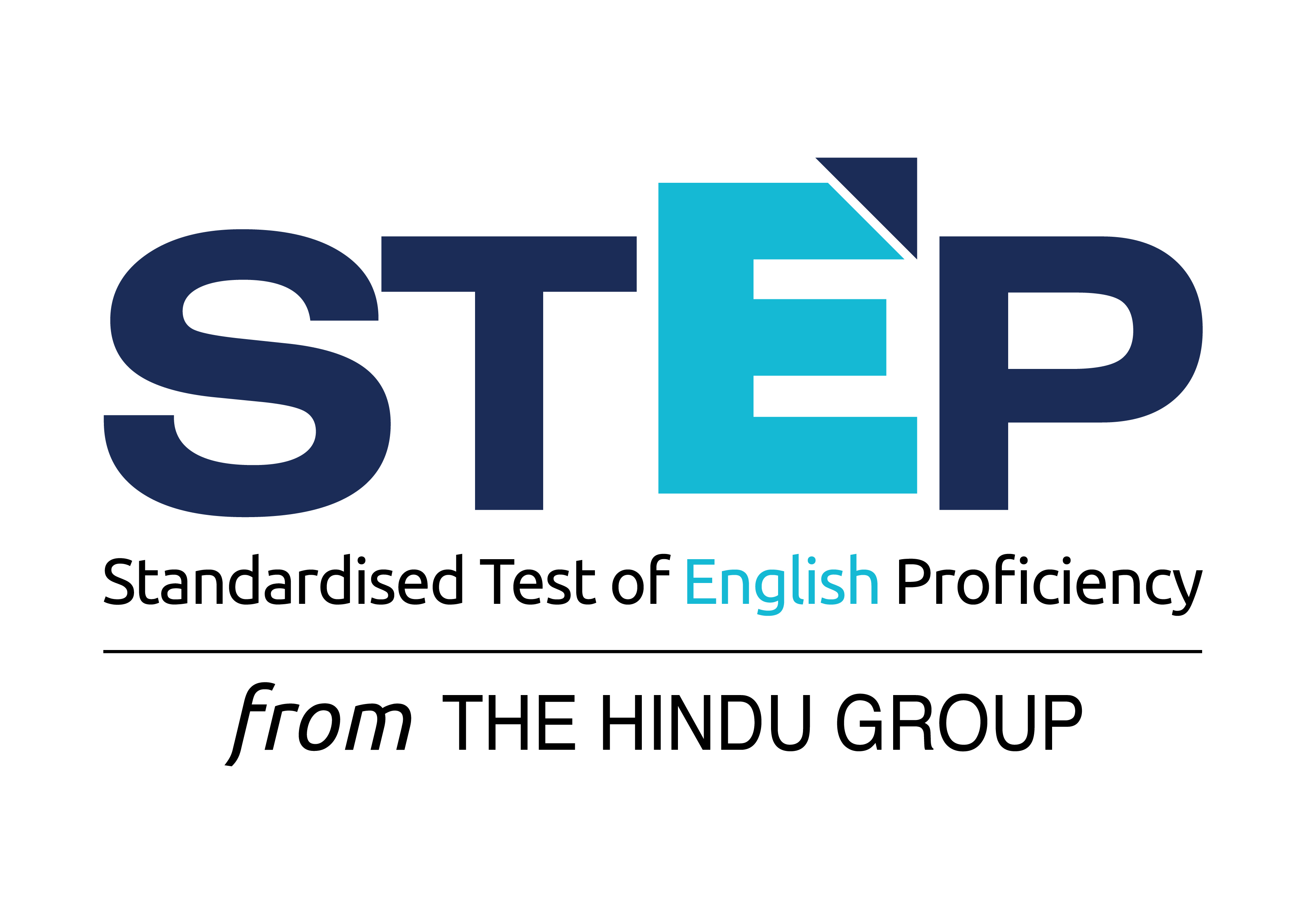
STEP: How a 142-year-old media brand took to online Ed-Tech

One of the many ‘forced’ changes that COVID 19 lockdown has brought about is the increased internalization of the fact that learning online is here to stay. Businesses in online education and particularly the Ed-tech start-ups have been seeing a massive increase in their user base over the past few months.
Knowledge of the English language is widely perceived in India as a valuable life skill that increases employment opportunities. While it is true that there are a number of domestic and international organizations established in the English Language Training market, there is still a wide range of opportunities for newbies or existing providers to expand their presence in India. The use of technology to reach out to the large population of India and address their aspirations has led to a change in delivery of English learning. While English is India’s second official language, it is estimated that only 12.5 % of the population has had any formal training.
Language learning always was big business. In India, the socio-economic status of an individual in the society is often linked with a person’s fluency in English. For million others, proficiency in the English language has come to be seen as a key ‘STEP’ to prosperity and something that can change one’s life for the better,forever! The exponential rise in mobile phone use and internet connectivity in rural areas and small towns have caused a spike in the demand for online English learning platforms.
STEP – expanded as The Standardized Test of English Proficiency (STEP) kicked off as a start-up project that wanted to be the ‘go-to’ for English language certification exam for Indian students and job-seekers. The aim of this was to help students, institutions and employers access and improve reading, writing, listening and speaking skills. Started initially as a project by Pundi Sriram, an entrepreneur who came from a consulting background, Sriram and his team were later on brought in to build STEP as a strategic business fit for The Hindu.
Reflecting on the current changing paradigm in the digital-driven business model, Navaneeth L.V CEO of The Hindu says “The newspaper industry in India is still in the early days of a transition from a print advertising-driven business model to a digital subscription-based model. We want to be at the forefront of that transition – we were the first major Indian newspaper to put our content behind a paywall. STEP is one of several initiatives The Hindu Group is undertaking to serve customers digitally and support this transition”
Putting Readers First
“The Hindu has a tradition of putting the reader and subscriber first and providing high quality reliable content. These values have served us well in good times and difficult times like this. During this period, STEP too has been quick to respond to their learners’ needs without compromising on our core values” he added. Explaining the way forward he said,” Of course, we recognize that Ed-Tech is booming, and that ‘English language learning’, the space that STEP is in, has tremendous potential. We would certainly like STEP to be a significant player in this space and will be looking at every possible option to make this happen”.
What made a 142-year-old media brand look at online Ed-Tech and what is in store for its future? We spoke with Pundi Sriram, Business head STEP for the Federal Podcast.

